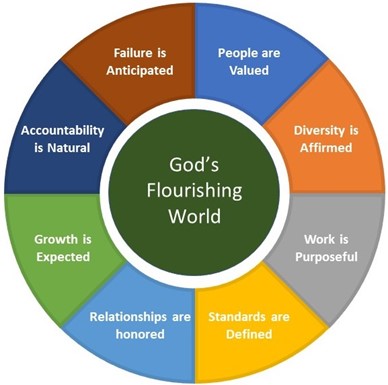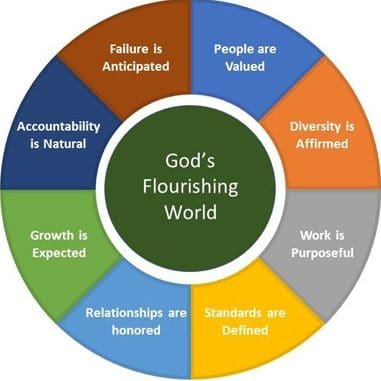August 31, 2022
One of the greatest ways Barnabas served the early church was simply being available. Several times his story includes a situation where he was sent by the church leaders to fulfill a specific mission. He was first sent by the apostles to the new church in Antioch.
News of this reached the church in Jerusalem, and they sent Barnabas to Antioch (Acts 11:22, NIV).
Then Barnabas was sent to safely deliver a financial gift.
29The disciples, as each one was able, decided to provide help for the brothers and sisters living in Judea. 30This they did, sending their gift to the elders by Barnabas and Saul (Acts 11:29-30).
Later, as we have already seen, he was sent with Paul on the first missionary journey.
So after they had fasted and prayed, they placed their hands on them and sent them off (Acts 13:3).
When the church council met to debate a contentious issue, Barnabas was sent, along with others, to deliver their decision to the Gentile churches.
Then the apostles and elders, with the whole church, decided to choose some of their own men and send them to Antioch with Paul and Barnabas. They chose Judas (called Barsabbas) and Silas, men who were leaders among the believers (Acts 15:22).
We often think of leaders as the ones who look for people to send to accomplish tasks. But Barnabas shows us that serving leaders are available to be sent. His posture was one of being available as needed and where needed. Serving leaders learn from his example how to serve by being available.
Availability serves others by the surrender of program.
Barnabas was available to be sent and again and again gave up his own program to serve others. He gave a most precious gift for a leader, time! He likely had his own schedule before he was sent, but he surrendered that to advance the mission of the team. Serving leaders guard their time carefully, but they learn from Barnabas not to use it selfishly. They are willing to surrender their program to meet the needs of another. They are not intimidated or diminished by being sent. They serve by being available.
Availability serves others by the surrender of proficiency.
Barnabas was available to serve with the gifts and talents he brought to the team. He was an encourager and was sent to encourage. He was wise, so was sent to deliver sensitive information. He was dependable, so was sent to carefully handle finances. He was highly proficient as a leader, but deliberately made his gifts available to serve the team. Serving leaders bring their gifts to serve the team, not to build their own credentials. They make their gifts available as needed for the mission. They serve by being available.
Availability serves others by the surrender of plans.
Barnabas was not an idle leader with no plans. But he was continually willing to lay down his own dreams and ambitions for the sake of others on the team. This did not diminish his leadership capacity but rather focused it on the needs of others rather than self. Serving leaders are not afraid to surrender their own plans for the advancement of the team. They serve by being available.
For further reflection and discussion:
- How does the availability of Barnabas challenge me as a leader? What action can I take this week to be more like him?
- Do I have any flexibility in my program/schedule to be available for the needs of others? What do I need to change in the way I manage my time to create opportunities to be available?
- Do I see the skills and gifts that I possess as resources to be used for myself or for the sake of others? How can I make them available in service to others?
- Am I willing to lay down my own dreams and plans for the sake of others? What makes it hard for me to surrender these plans? What step can I take in my own leadership to lay down my plans for the team?
Until next time, yours on the journey,
Jon Byler
In the next issue, we’ll look at how Barnabas served with humility.


